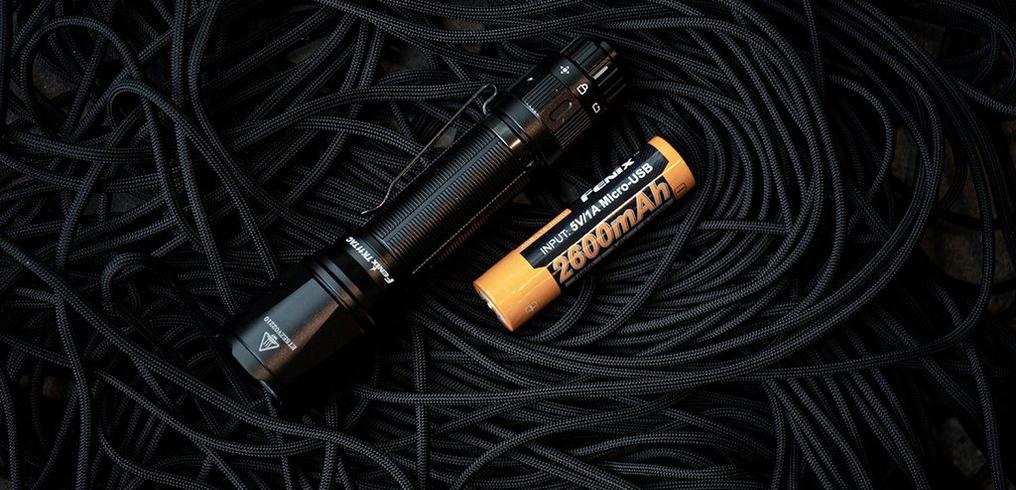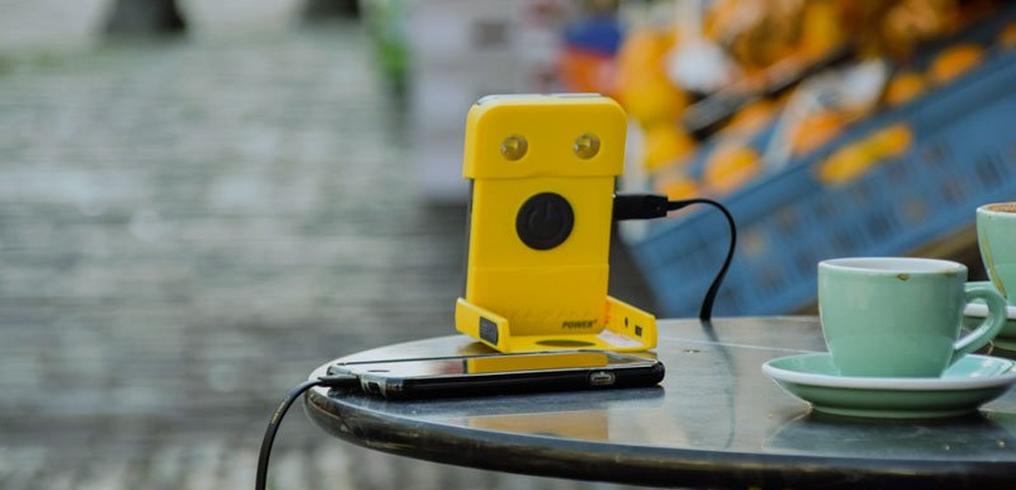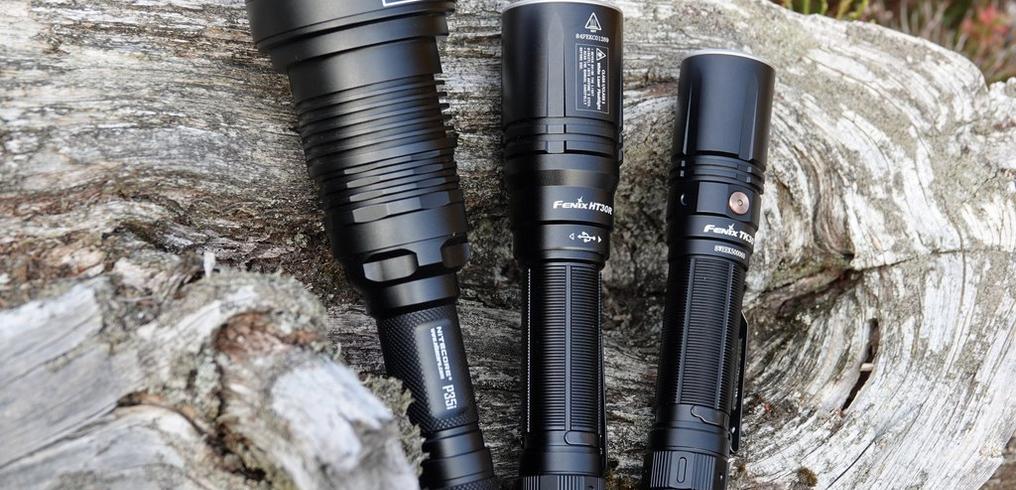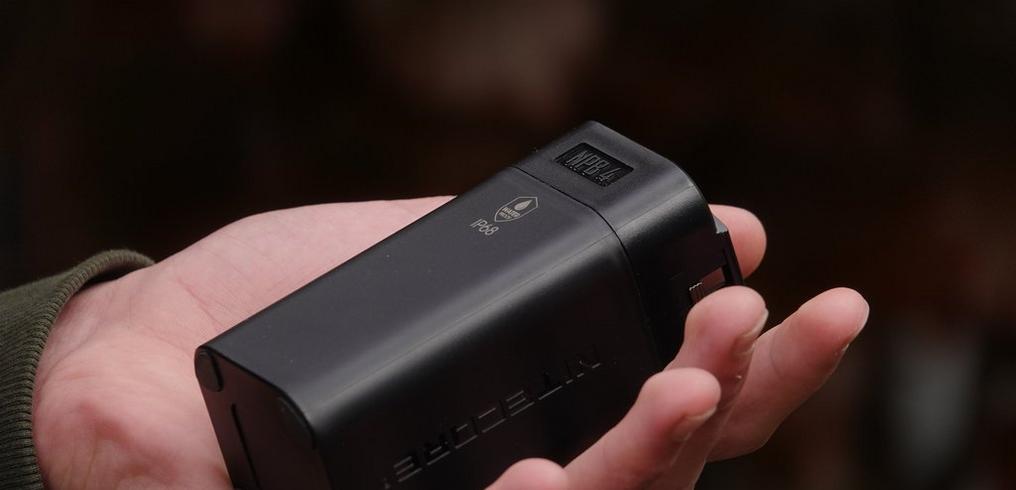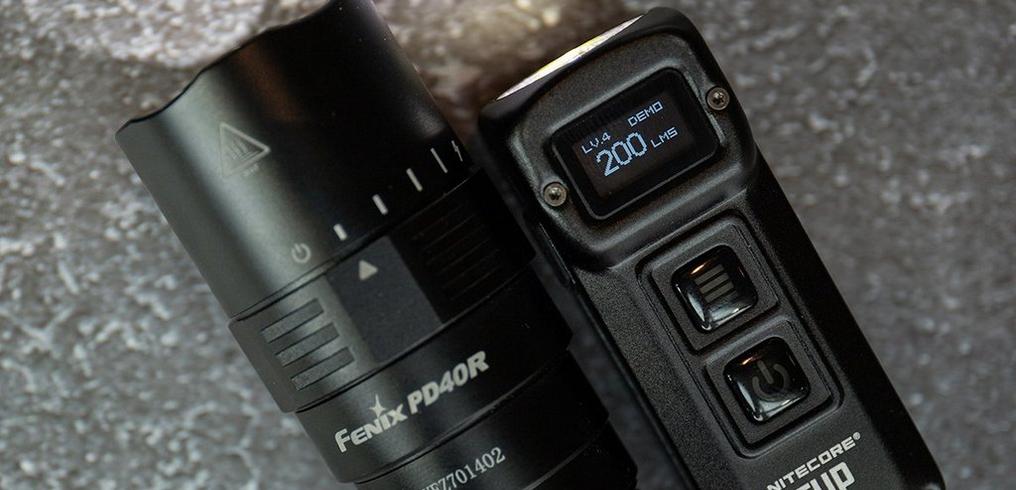How do you get the most out of a Li-ion battery?
Li-ion batteries can be found in almost every powerful flashlight. The most common example is the 18650-battery and the 21700-battery. These offer major advantages compared to the previous generation of rechargeable batteries. That's why this type of battery can be found in almost any mobile phone. A lot can be said about Li-ion cells. Here are some of our tips on using them to ensure you get the most out of them.
Don't be too frugal - just use them!
This doesn't mean that you have to use the battery and then just throw it away, but rather that you can simply use it. We sometimes hear from customers telling us that they are extra frugal with their 18650 battery and charge it as little as possible. This is misplaced frugality! If a battery is not used for longer than four months, it will self-discharge. This means that it will run itself empty. Not in the sense of it leaking, but the charge will decrease. Therefore, keep it active by using it and charging it.
No memory function, simply charge after use
The past taught us that you always had to fully discharge a battery before charging it. In addition, many people also want the battery to be charged to 100% before removing it from the charger. Fortunately, this is no longer necessary for Li-ion batteries. This technology doesn't have any memory function, like the old-fashioned NiCd batteries used to. So simply charge them after use. Do you need the battery before it has fully charged? Also not a problem: simply pull it out and use it.
The argument that you'll get through the maximum number of charging cycles faster doesn't hold up: this number refers to fully completed charging cycles. Therefore, charging 50% twice is equal to one charging cycle.
Be careful in the freezing cold
The ideal temperature for storing a Li-ion battery is (approximately) 20 degrees Celsius. The higher the temperature, the faster the self-discharge will be. At temperatures below 0 degrees Celsius, you'll notice that the capacity decreases somewhat. Fortunately, in those cases you can often switch to two CR123A batteries that can handle the cold better. When you store the battery at a temperature higher than 20 degrees, the self-discharge will happen progressively faster.
Protected vs. unprotected cells
At Knivesandtools you can only buy protected Li-ion cells. This means that the battery has a small electronic circuit which ensures that the battery doesn't discharge too far or overload, because this can be dangerous and lead to ignition. Nevertheless, there are a lot of other Li-ion cells for sale online which do not provide this protection circuit. This is often the case for batteries available at really low prices on Chinese websites and Ebay. What if something goes wrong, or the charger doesn't realise that the battery is already full? This can lead to fire. You should absolutely avoid using such batteries unless you know exactly what you're doing!
Spotted any damage? Throw it away immediately!
Have you noticed damage to the foil around the battery? Has the battery been dented by a collision? Is it giving off a strange smell? Or have you noticed any other damage or abnormality to the battery? Then the best thing to do is to safely say goodbye to the battery. You don't want to run the risk of the battery exploding or catching fire. Taking risks with damaged batteries is a very bad idea! You might think that the strange smell is a fault: it isn't. Li-ion batteries can smell incredibly bad in the event of damage or other calamities. Tinkering with a Li-ion battery yourself is also a no-go.
Lifespan of a Li-ion battery
If you use your Li-ion batteries in a fairly normal way, you can enjoy them for a long time. The lifespan of a Li-ion battery is not infinite, though. After a few hundred charging cycles (depending on type) the capacity of a 18650 battery will decrease. At a certain point, the battery will simply run out. In this sense, it's quite logical that a battery which is used and charged every day for a year will run out faster than a battery which is used every other week and charged once a month.
Li-ion batteries are an absolute pleasure to use, and with proper care, they will last a long time. View all batteries here.
